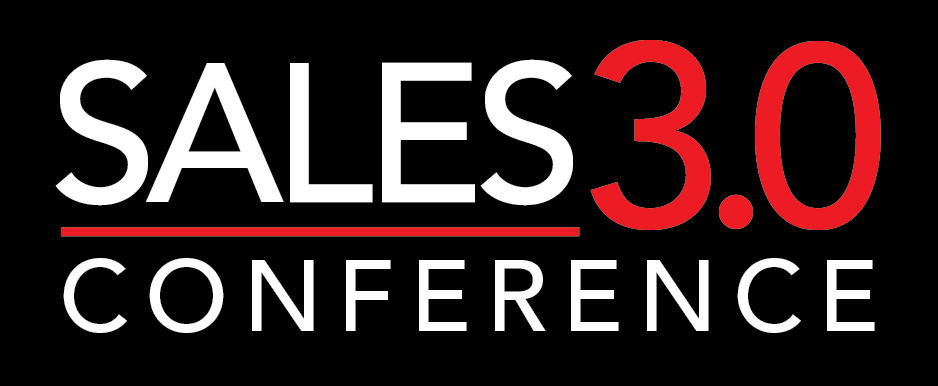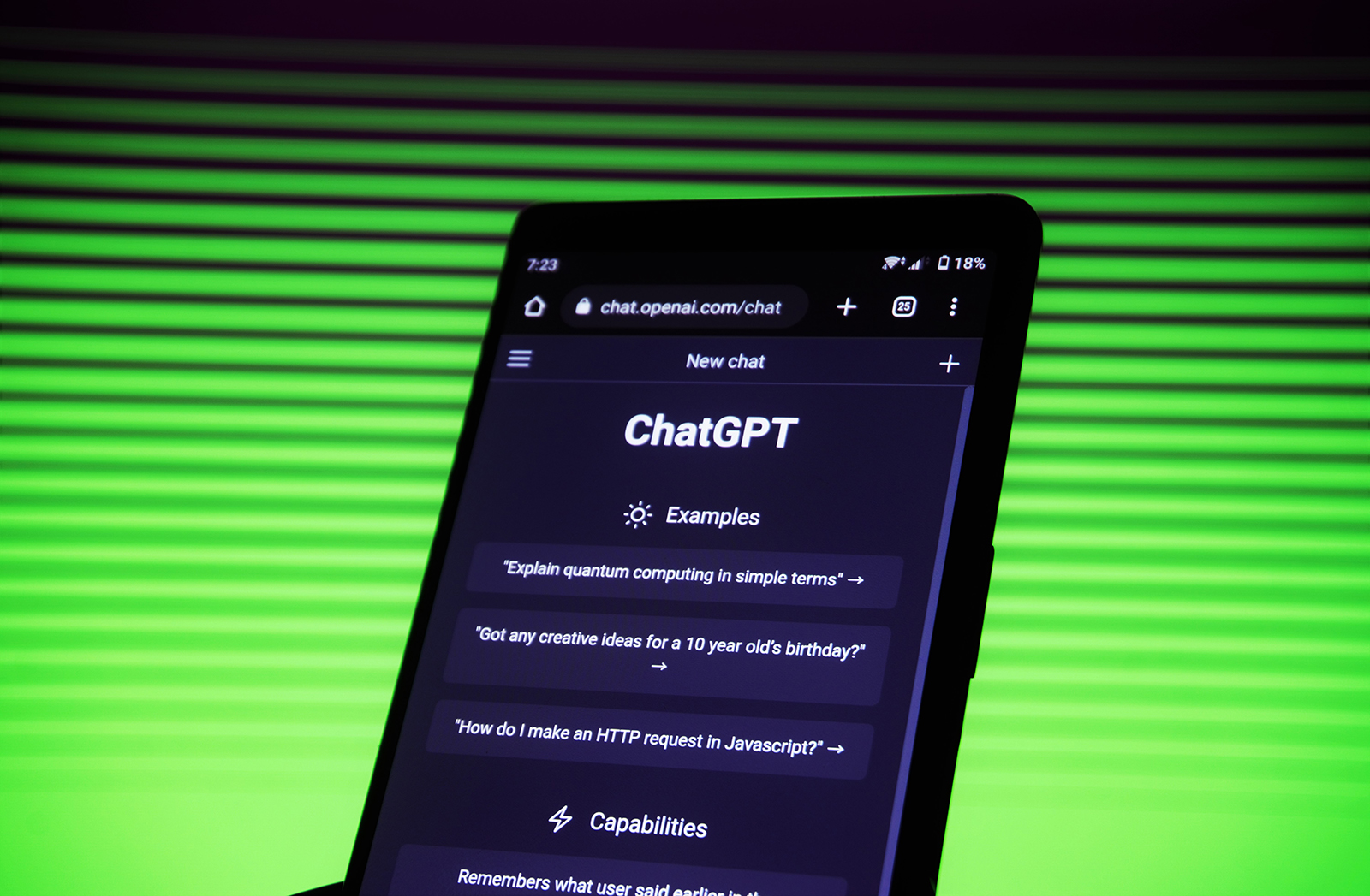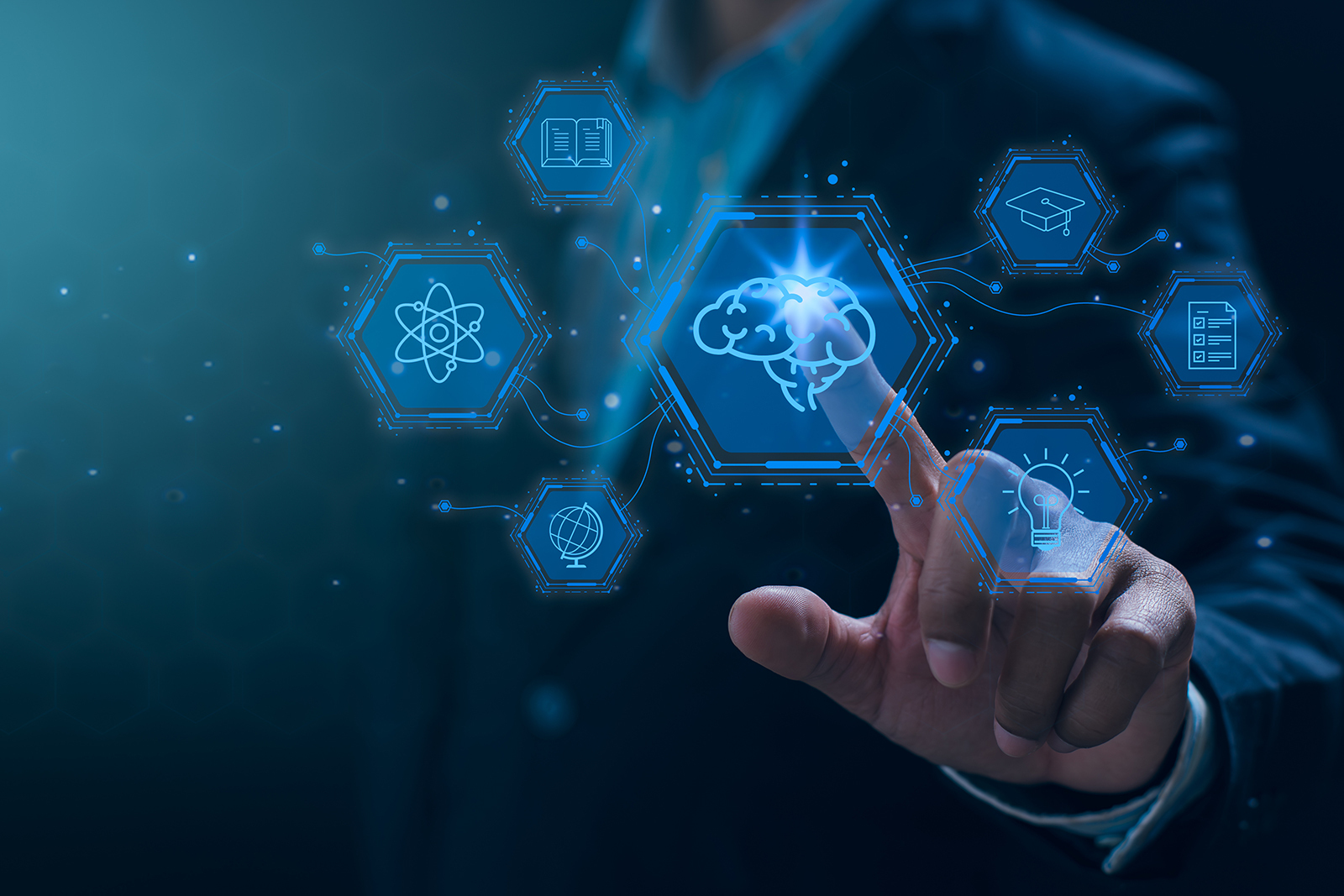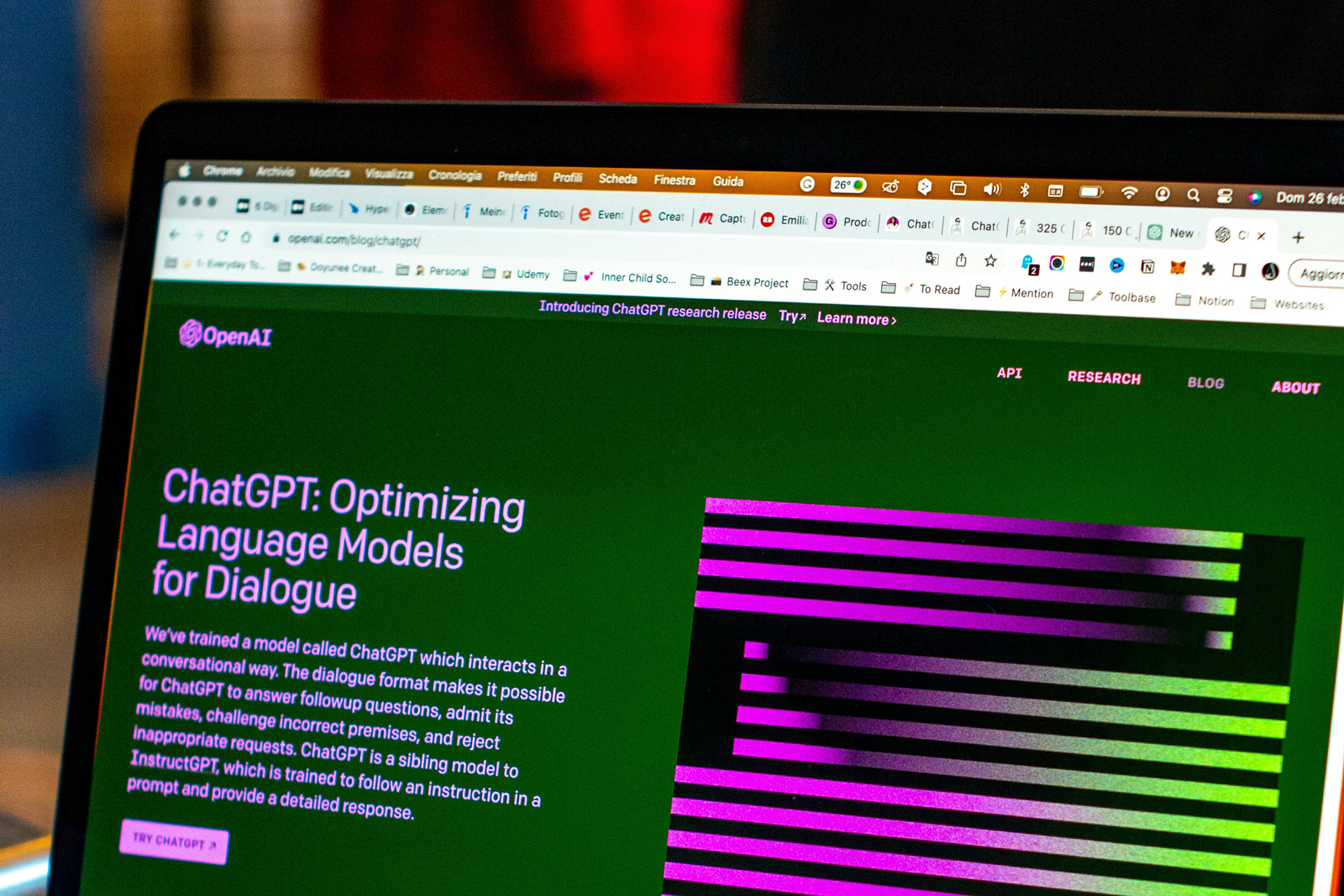Over the past two decades, major breakthroughs have revolutionized the way people interact with electronic devices, each other, and the world. Now we’re standing on the edge of another transformation. Artificial intelligence (AI) – and specifically generative AI and natural language understanding (NLU) – will enable innovations we’ve never seen before.
For marketing, sales enablement, and sales, the potential of AI is vast. Amidst a backdrop of economic uncertainty, reduced budgets, and the edict to do more with less, leaders are dialed in on increasing sales productivity. And rightfully so; the days of growth at all costs have sunsetted, giving rise to efficient growth. With sales expenses typically being the largest line item on any company’s profit-and-loss statement, improving sales productivity is paramount.
Enter generative AI and its potential to automate, co-create, and deliver intelligence. The bad news is that today’s sellers face arguably the hardest selling environment in a decade. The good news is that, in just the next year, generative AI is poised to unlock new levels of efficiency, knowledge, and agility for revenue teams everywhere. AI turbocharges marketing and sales leaders’ ability to identify the behaviors of successful sellers and replicate those behaviors across your entire team, taking the guesswork out of what “good” looks like. Even better, it takes you half the time and resources it used to – streamlining workflows across the process of equipping, training, coaching, and analyzing your revenue teams.
Right now, generative AI is demonstrating pivotal potential in three key areas for sales enablement:
- Automation: Save time for strategic work. Tedious tasks that once took hours will be completed in seconds. For instance, AI can analyze how a seller did on a call and note that they failed to deliver pricing well, and so it automatically assigns a course on pricing along with the reinforcement lesson a week later. Not only does this save time for the salesperson, their manager, and whoever they talk to; it helps enablement drive skill development and uplift performance at scale.
- Co-creation: Never look at a blank page again. We’re entering a future where you will open a new sales pitch template and there’s already draft copy tailored to the situation waiting for you to refine and send. Think of generative AI like your personal content creator. With the right instruction, it will rapidly create everything from persona-tailored decks to product marketing assets. It can also be applied to every part of your sales enablement process, including content, guidance, training, coaching, and analytics.
- Instant insights: Intelligence at your fingertips. Humans can now have conversations with computers. With AI you can interrogate anything to get better, faster insights than you could have found on your own. You’ve likely seen how quickly ChatGPT can return information on any subject and make it consumable, but it’s pulling from the Internet, which is not the most accurate source of information. If we apply large language models to information we know to be true (your corpus of enablement content, for example), generative AI can serve up information that is deep, easy to consume, and accurate – giving revenue teams real-time access to the information they need.
These use cases have a key common thread: human beings. AI can amplify and accelerate work across your go-to-market, but it can’t replace the people. In fact, you need people more than ever to take the draft, insight, or extra time and use it to drive strategic change with stronger strategy and better decision-making. The combination of AI and human empathy, discernment, skill, and creative thinking will help us achieve more than either technology or people could do alone.

Today’s blog post is by Lucas Welch. He is VP of Corporate Marketing at Highspot.




